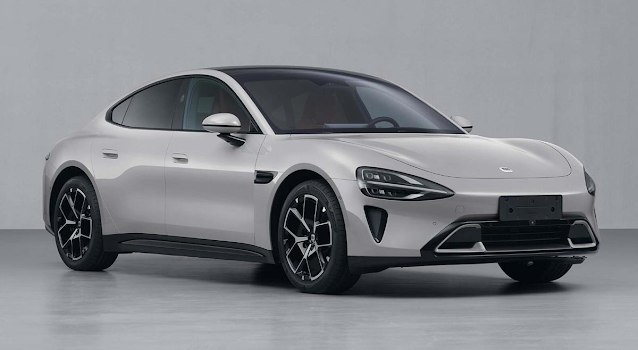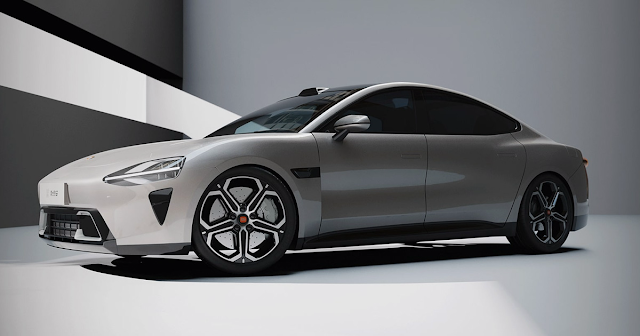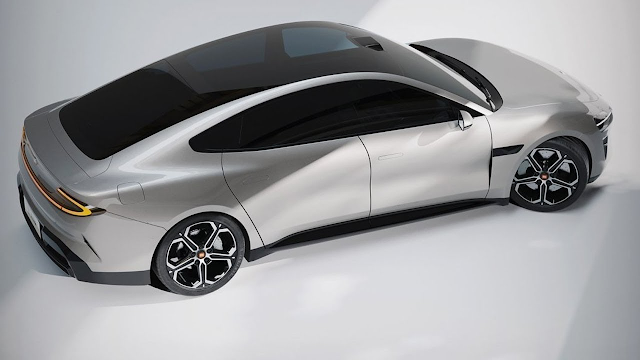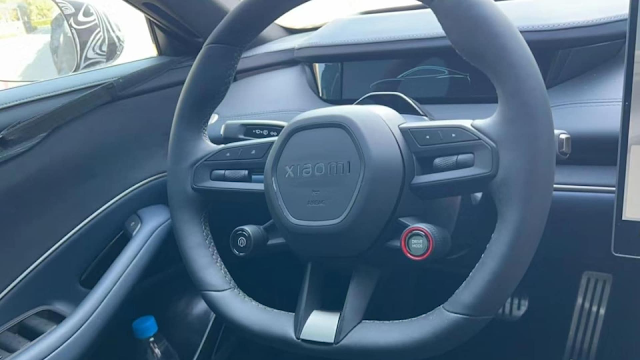Xiaomi first EV
Xiaomi, primarily known for its smartphones, has taken a significant leap into the electric vehicle market with its first EV, the Xiaomi SU7 sedan. The company has officially filed for a sales license in China, signaling a new era in its product offerings. The Xiaomi SU7, initially codenamed MS11, is being manufactured in collaboration with Beijing Automotive Industry Holding Co. Ltd (BAIC).
Before any car can be sold in China, it must receive approval from the local regulator. The Ministry of Industry and Information Technology (MIIT) routinely publishes a list of vehicles undergoing this homologation process. While this practice often prematurely reveals details about unreleased cars, it's a boon for eager consumers and industry watchers.
The Xiaomi SU7 is a sleek electric sedan measuring 4997/1963/1455 mm with a 3000 mm wheelbase. It offers two wheel sizes - 19 inches and 20 inches - and comes in different versions, including models with and without lidar technology, installed behind the front windshield. A notable feature, inferred from the images, is the possibility of a face recognition unlocking system, hinted at by the presence of a camera on the B pillar.
With a curb weight ranging from 1,980 kg to 2,205 kg, the top speed varies between trims, capped at 210 km/h for the base model and 265 km/h for the high-end version. The MIIT filing reveals three variants: SU7, SU7 Pro, and SU7 Max, with some models featuring an active rear wing.
The electric motor, model TZ220XS000, is supplied by United Automotive Electronics Co., Ltd. The vehicle also includes an ETC function for seamless toll payments on highways.
The in-car system of the SU7 is powered by Xiaomi's HyperOS, a versatile operating system designed to function across both smartphones and vehicles. Set to start mass production in December 2023, with deliveries beginning in February 2024, the electric 4-door 5-seater SU7 is already in trial production at BAIC’s facility in Beijing, which interestingly also manufactures Mercedes-Benz cars under the Beijing-Benz joint venture, established in 2005.





